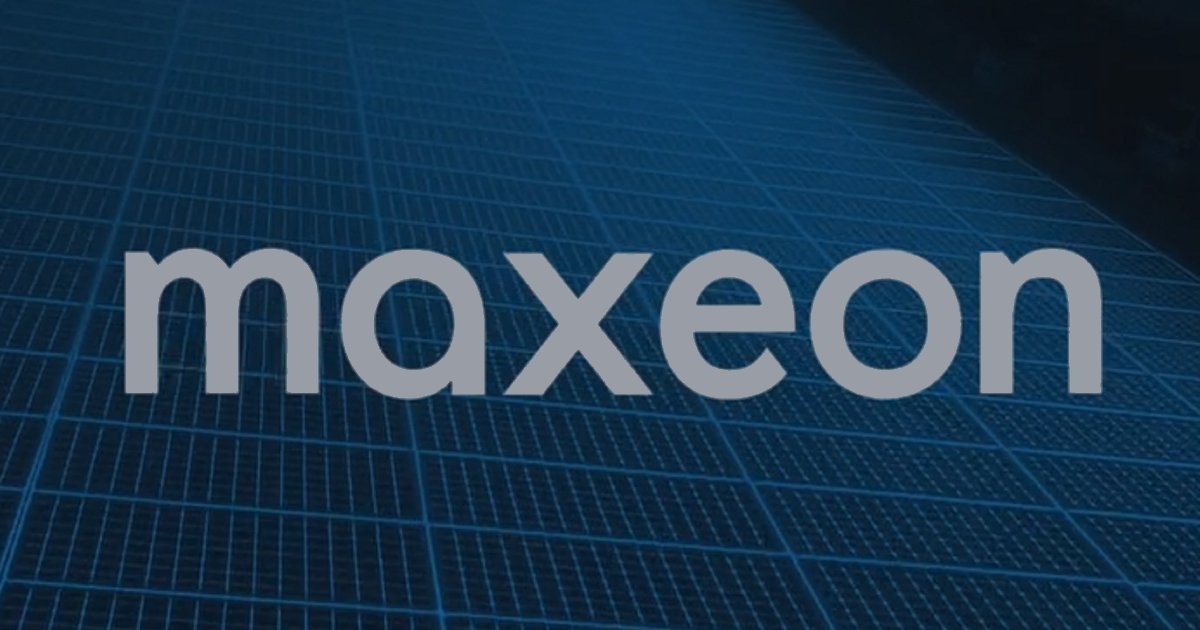Maxeon Solar Technologies has revealed the energy payback time of its SunPower Maxeon 3 solar panels – and it’s pretty impressive.
The solar panel energy payback myth, while not as prevalent as it once was, still persists. It claims the amount of energy required to manufacture a solar panel is more than the panel will generate over its lifetime.
In its latest sustainability report, premium panel manufacturer Maxeon1 states it engaged an external consultant to carry out an assessment of the Maxeon 3’s’ energy payback time (EPBT). This included the cumulative energy demand (CED) over all life cycle stages of the panel and considered local grid efficiencies for different locations around the world.
Maxeon 3 solar panels were determined to have an energy payback time of less than a year; ranging from 0.13 – 0.45 years for ground mounted modules (50MW installation) and 0.27 – 0.92 years for 8kW residential rooftop systems. In Australia (Sydney), the EPBT was 0.26 years for the ground mount system and 0.53 years for the rooftop installation.
“When combined with Maxeon’s industry leading 40-year warranty, the energy return during our technology’s warranty period is in many cases more than 100 times the energy required for its production,” stated the company.
Early this year Maxeon announced the product and performance warranty on SunPower Maxeon panels had been boosted to 40 years, with an 88.3 percent warranted power level at the end of that time.
Maxeon didn’t identify the consultant engaged for the EPBT analysis. While it’s safe to assume it wasn’t just some rando they pulled off the street who used a calculator and the back of an envelope for crunching the numbers, a bit of transparency would have been good along with more analysis detail.
While the EPBT, warranty and general performance of SunPower Maxeon solar panels is impressive, not so is pricing – more than double that of quality “budget” brands. But there is a significantly cheaper SunPower panel available; the SunPower Performance series.
You can compare SunPower/Maxeon estimated pricing and specifications with a bunch of other brands on the SolarQuotes solar panel comparison page. On a related note, SunPower Maxeon took out first place in the “money no object” category of the SolarQuotes Installers Choice Awards for the best solar panels in 2022.
In other relatively recent news from Maxeon, the company reported 488MW of panel shipments in the first quarter of this year, down on Q4 2021’s 577MW but well up on the 379MW for Q1 2021. It’s anticipated shipments for Q2 this year – which has just ended – were in the range of 460 – 490MW.
Energy Payback Time For A Full Solar Power System?
A solar power system isn’t just comprised of panels – there’s the inverter, racking, cabling and other bits ‘n bobs that add to energy payback.
While Maxeon’s analysis didn’t look at the whole kit and kaboodle, a company to have really delved into the EPBT for an entire system is inverter manufacturer Fronius. It commissioned Germany’s independent and respected Fraunhofer Institute to carry out a full Life Cycle Assessment.
You can read all the details here, but in summary the Life Cycle Assessment found the energy payback time for a rooftop solar power system using a Fronius Symo GEN24 Plus 10.0 solar inverter (10kW) was just 0.9 years in Australia.
Footnotes
- Maxeon panels are marketed as SunPower Maxeon in Australia. ↩


 RSS - Posts
RSS - Posts



Speak Your Mind